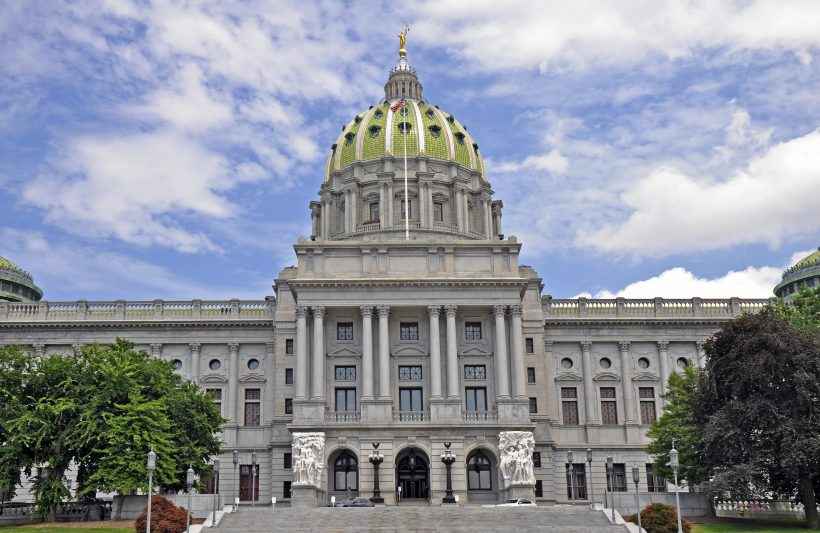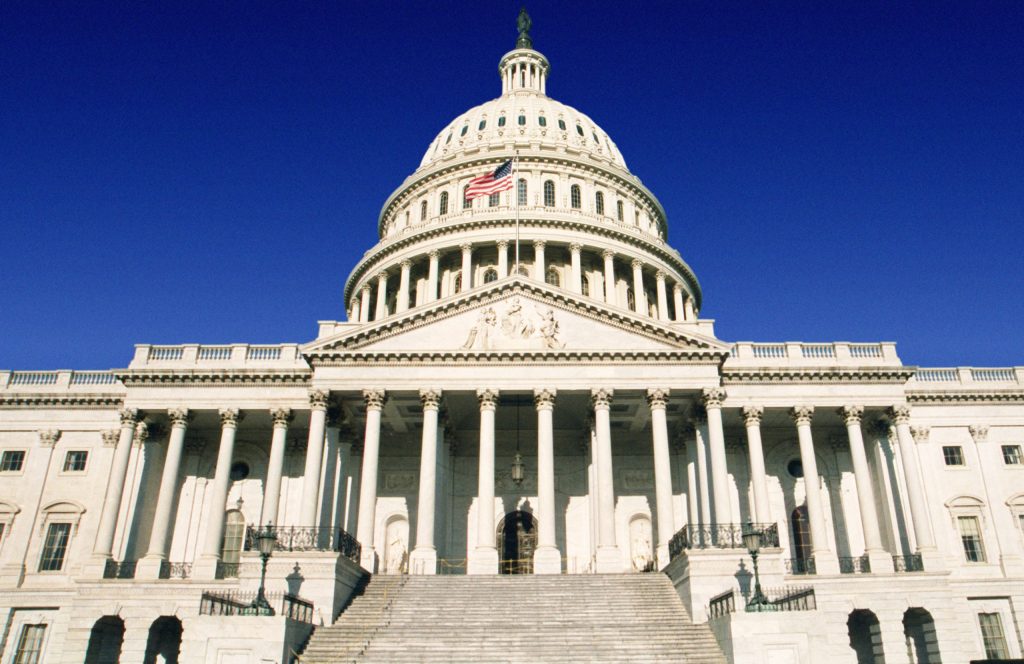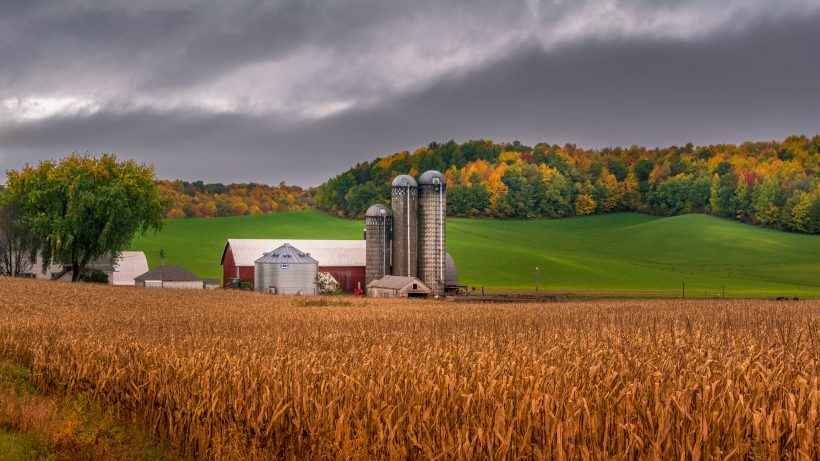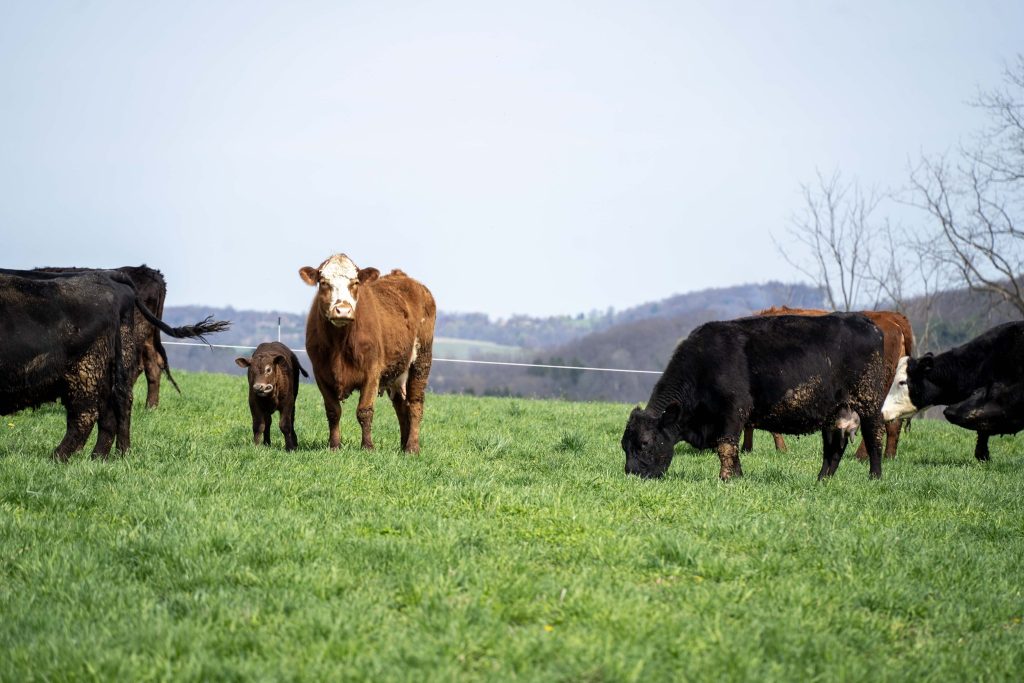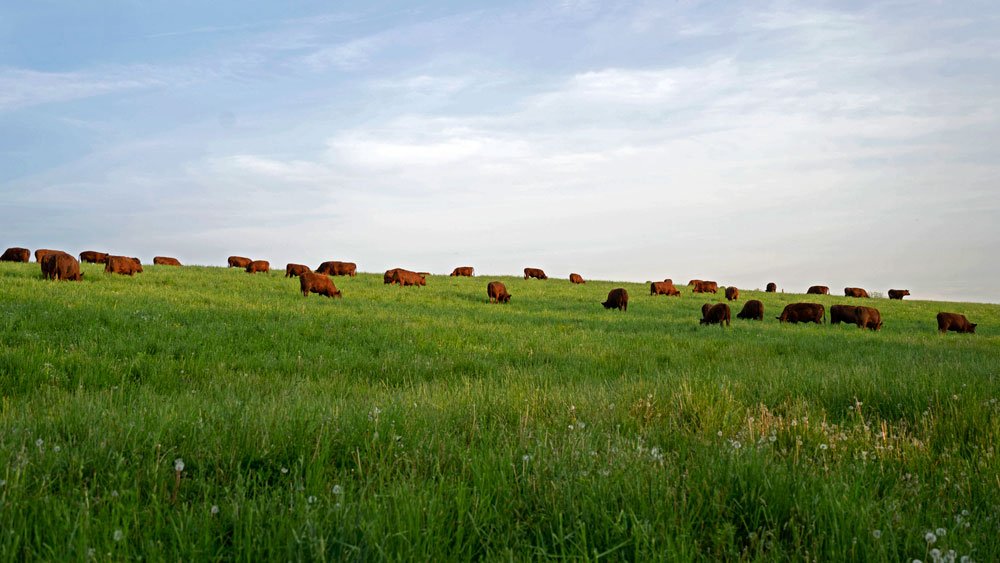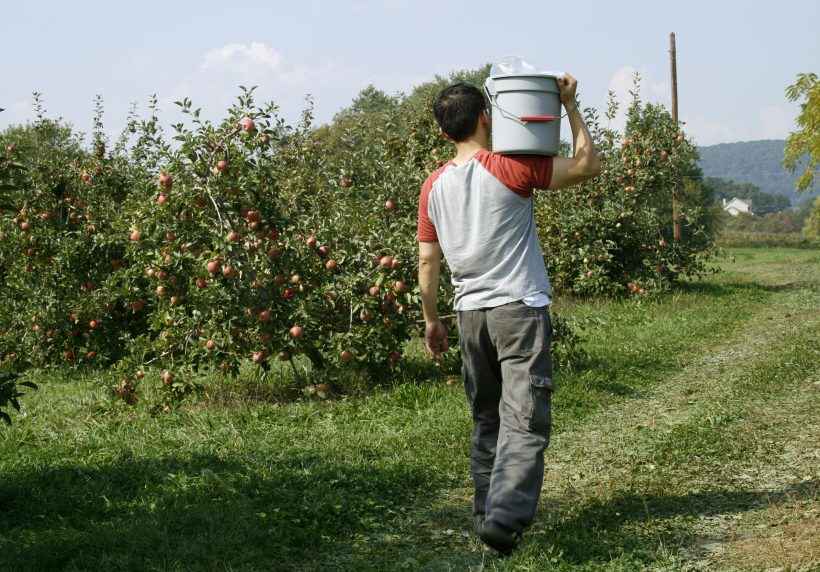For Immediate Release
Contact: David Varner, Media and Marketing Specialist
717-731-3541 I dwvarner@pfb.com
CAMP HILL – Pennsylvania Farm Bureau is pleased that the 2024-25 state budget funds the creation of an animal health diagnostic lab in Western Pennsylvania, contributes $50 million to the Clean Streams Fund, which extends the Agriculture Conservation Assistance Program (ACAP) and invests $31 million to help farmers impacted by Highly Pathogenic Avian Influenza (HPAI). All three are key Pennsylvania Farm Bureau priorities.
PFB advocated for the need for an animal diagnostic lab in Western Pennsylvania to provide necessary testing for animals and helping speed up the results, allowing Pennsylvania to mitigate any infectious disease outbreak, like avian influenza, more effectively. Currently, the only diagnostic labs in Pennsylvania are located at Penn State, the University of Pennsylvania in Chester County and at the Pennsylvania Department of Agriculture office in Harrisburg. The site of the Western Pennsylvania lab has not yet been chosen.
PFB also advocated for the creation of ACAP in the 2022-23 budget and is pleased to see its continued funding. The program initially invested $220 million for conservation programs across the state and PFB is pleased to see ACAP receive continued funding.
The budget allocated more than $33 million in combined funding for Penn’s School of Veterinary Medicine, also known as Penn Vet, and Penn Medicine’s Division of Infectious Disease in 2024-25, despite the state withholding funding for the program last year. Funding for Penn Vet is crucial for agriculture, as it is the only-state funded veterinary school in the state.
Penn State ag research and Extension received flat funding at just under $58 million.
Governor Josh Shapiro’s 2024-25 budget also invests $10 million in agriculture innovation to help support new solutions and technologies including energy and conservation endeavors, funds the 2024-25 PA Farm Bill, funds Fresh Food Financing, PASS, and other food access initiatives.
Overall, the Department of Agriculture’s budget grows nearly 10 percent to $228 million, while general operations, centers of excellence and farmers market coupons will receive increased funding in the 2024-25 budget.
Pennsylvania Farm Bureau President Chris Hoffman shared the following thoughts on the 2024-25 state budget:
“Overall, this is a really strong budget for Pennsylvania agriculture,†Hoffman said. “Once again, Governor Josh Shapiro and his administration has shown their commitment to agriculture by having a budget that reflects that. Investing in a new animal health diagnostic lab and investing in conservation ensures that the next generation of farmers have a place. Continuing to invest in agriculture is vital, as it creates food security for our state and our nation.â€
Additionally, Senate Bill 95, a long-supported key issue for Pennsylvania Farm Bureau, aimed to amend Title 75 (Vehicles) to expand the use of farm vehicle plates. This bill would allow their operation between farms and places of business or residence for buying or selling agricultural commodities, regardless of the vehicle operator. However, this language was incorporated into Senate Bill 916.
SB 916 not only includes the provisions from SB 95 regarding farm vehicle plates but also addresses issues related to lost, stolen, or illegible registration plates. Additionally, it establishes the Pennsylvania Sportsman plate and the Youth Hunting and Fishing Restricted Account, supporting the Pennsylvania Game Commission and the Pennsylvania Fish and Boat Commission. This is funded through a special $40 registration fee, $14 of which goes into the new account. SB 916 passed with these combined measures, providing comprehensive updates to vehicle registration regulations.
SB654 amends the Tax Reform Code, in personal income tax, further providing for classes of income to allow taxpayers with partial or full ownership of land on which taxable income is generated from the mining, extraction or production of oil, gas, ores, minerals or other natural resources to claim a deduction for depletion of a mine, oil and gas well and other natural deposit; and establishing the Public Transportation Trust Fund. Additionally, it allocates $50 million to the Clean Streams Fund and also reauthorizes the Rural Jobs Investment Tax Credit to support growth in rural businesses across Pennsylvania. This builds on the successes of the original program that started 5 years ago.
SB656 amends Title 75 (Vehicles) to establish an annual fee for electric vehicles (EVs) and plug-in hybrid electric vehicles (PHEVs), along with an Alternative Fuels Tax on electricity. It updates definitions related to EVs, adds penalties, and outlines guidelines for registering these vehicles. The legislation includes specific charges for highway maintenance and specifies that registration is contingent upon enrollment in a payment option. Key provisions will be effective immediately or by January 1, 2025, with some sections effective in 24 months. For electric vehicle drivers, it will eliminate the Alternative Fuel Tax on electricity for residential charging. Instead, EV drivers will be charged an annual fee, beginning at $200 in 2025 and increasing annually. Plug-in hybrid EV drivers will pay a significantly smaller fee, beginning at $50 in 2025. Governor Shapiro signed SB656 into law on Wednesday.






